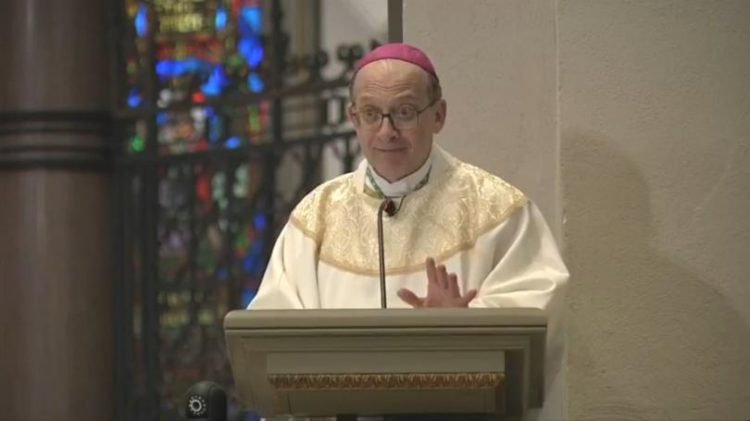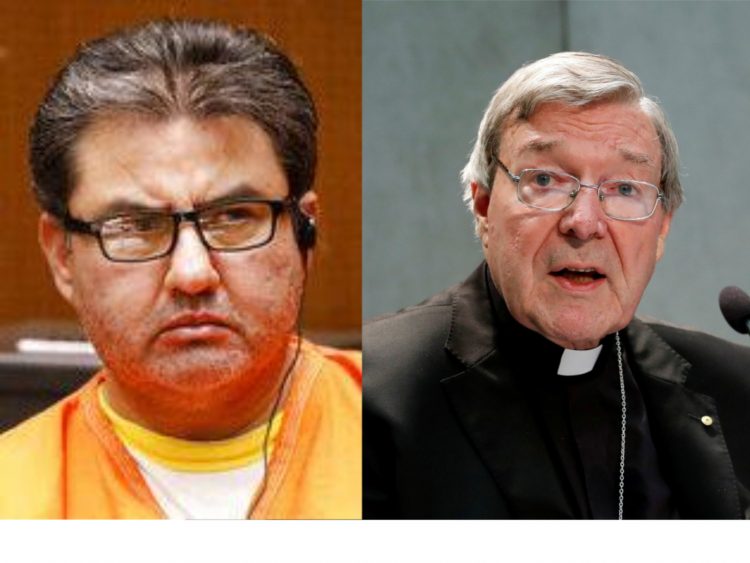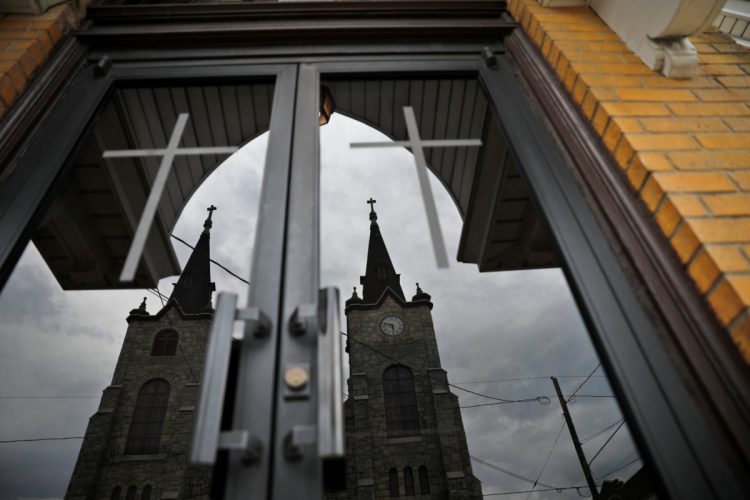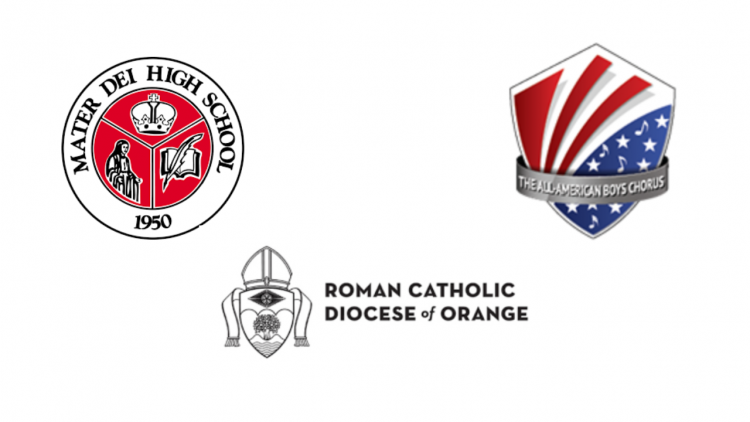Buried in the news about COVID and the global George Floyd protests, the Catholic Diocese of Richmond, VA, quietly announced today that it is starting “formal investigations” of child sexual abuse against four former priests. What is NOT interesting about the investigation is that there are four accused priests. What IS interesting is the relevant—but…Continue reading Tough Questions for the Diocese of Richmond




